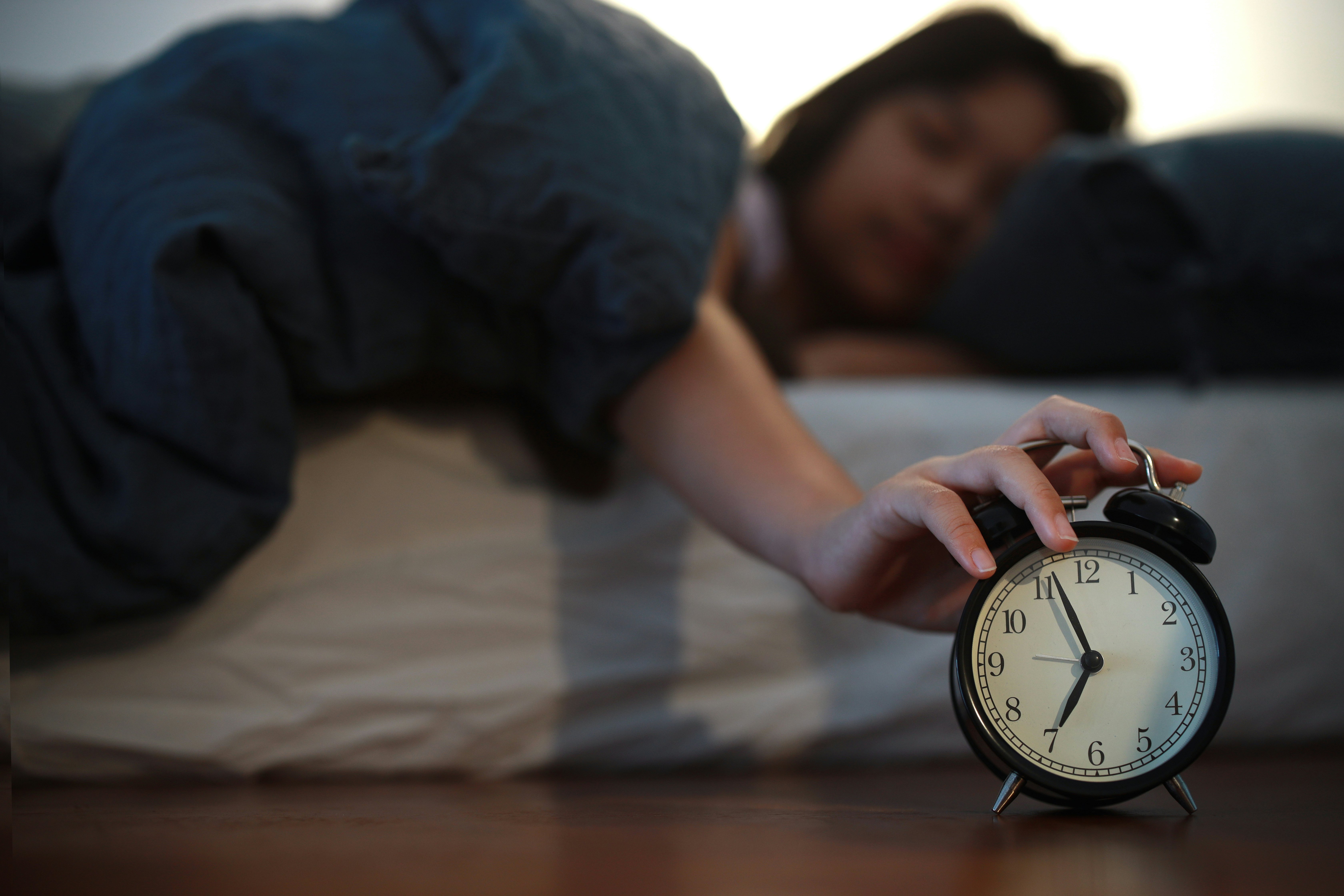
Back in 2010, a team of health professionals working with the American Heart Association set out to create a list of simple tasks that can both prevent chronic diseases and promote health. The end result was Life’s Simple 7, which was a rigorously vetted list of seven modifiable behaviors and biometric measures that helped maintain heart health.
In 2022, the researchers updated that list to Life’s Essential 8. The big plot twist? This time, sleep made the cut.
“At the time, we absolutely thought about including stress and sleep,” committee member, physician, and past AHA president Donald Lloyd-Jones tells Inverse. But this was 2010, and more than a decade of research on both was yet to come. “We didn't really feel like there was enough clear evidence or research to tell us exactly what to say about them.”
In the intervening years, a wealth of research advances had delivered enough solid evidence that sleep, indeed, is integral to heart health. Lloyd-Jones explains why sleep is so important for our health.
For reference, below is a list of the Essential 8:
- Eat Better
- Be More Active
- Quit Tobacco
- Get Healthy Sleep
- Manage Weight
- Control Cholesterol
- Manage Blood Sugar
- Manage Blood Pressure
The heart rests, but never sleeps
The heart, Lloyd-Jones reminds us, is a muscle. Like all our other muscles, it needs rest and relaxation in order to repair itself from the daily demands of blood pressure spikes, increased activity, and sending and receiving signals as the body’s demands fluctuate throughout the day. On average, this muscle pumps 2000 gallons of blood every day with 100,000 contractions, which wears it out.
“But of course, the heart never gets to rest completely,” Lloyd-Jones says, “because that would be unfortunate, right?”
So when we sleep, the heart gets its well-deserved rest too. Heart rate, breathing, and blood pressure all dip below our waking levels as the heart regenerates its energy supply for the next day.
Denying ourselves sleep also denies the heart the rest it desperately needs to function every second of our entire lives. Epidemiological evidence shows that short sleep duration correlates with various cardiovascular diseases. A 2016 review on analyses of shift work and insufficient sleep found that cardiometabolic stress increases with both shift work and sleep loss.
Lloyd-Jones also points out that best sleep practices have a Goldilocks zone where there’s a perfect balance. Too little or too much sleep isn’t good for us; 7 to 9 hours is perfect. However, he did say that between the two extremes, too little sleep is worse for us than too much sleep.
A poor sleep schedule also makes us more susceptible to choices that can tank the original Simple 7. When running on little to no sleep, “we tend to make choices that are more carbohydrate-based,” Lloyd-Jones says. He says that sleep drives our responsiveness to insulin, the hormone released after eating, to tell the body whether to store or burn calories. That sensitivity changes if we’re not getting enough sleep.
Relying on a diet driven by poor sleep can in turn, drive up other risk factors for heart disease, like blood pressure and cholesterol.
The basics of good sleep
A sleep schedule is the foundation of good sleep, Lloyd-Jones says. Picking regular times to fall asleep and wake up provide a structure that your body will conform to. The body also needs time to unwind in order to sleep well.
“Don't expect to go 100 miles an hour and then ask your body to go right to sleep,” he says.” Slow down at least an hour before you're gonna get in bed.” That means no screens, bright lights, or loud noises ahead of sleeping. Keeping phones or interruptive devices in another room works, too.
Eating heavy or spicy food soon before bedtime also deters good rest. Eating activates the digestive system, so your heart will need to regulate blood flow in response to the gut to optimize food breakdown.
What’s next for the Essential 8?
While Lloyd-Jones muses that perhaps a successor of the Essential 8 could be a Necessary 9, the list would get a bit unwieldy. The point of this list, after all, is to winnow down the complexities of prevention to its quintessential parts.
If another candidate were to join the legion, managing psychological stress would be a strong choice. “We remain very interested in the aspects of psychological health and well-being that clearly are related to our physical health as well,” Lloyd-Jones says.
He also acknowledges that structural obstacles, like racism and poverty, impact heart health. The incidence of cardiovascular disease is more prevalent among Black people, people of color, those of lower socioeconomic status, and other marginalized groups. However, this would be another factor difficult for the AHA to quantify, and social determinants remain societal-level hurdles.
While it’s unclear whether this AHA Committee will conceive of a new list, the work they’ve done has given us a road map for a heart-healthy future.







